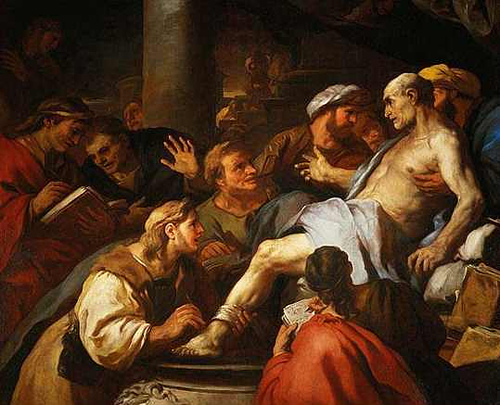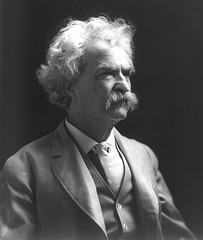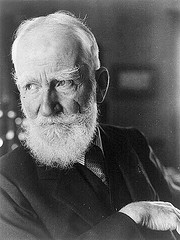In Tristram Shandy, the title character laments that he’ll never be able to finish his autobiography, as he seems to need a year to record each day’s events. “It must follow, an’ please your worships, that the more I write, the more I shall have to write.”
But Bertrand Russell noted that if Shandy’s eventful life had lasted forever, no part of his biography would have remained unwritten — for the hundredth day would be recorded in the hundredth year, the thousandth in the thousandth, and so on. “This paradoxical but perfectly true proposition depends upon the fact that the number of days in all time is no greater than the number of years.”




